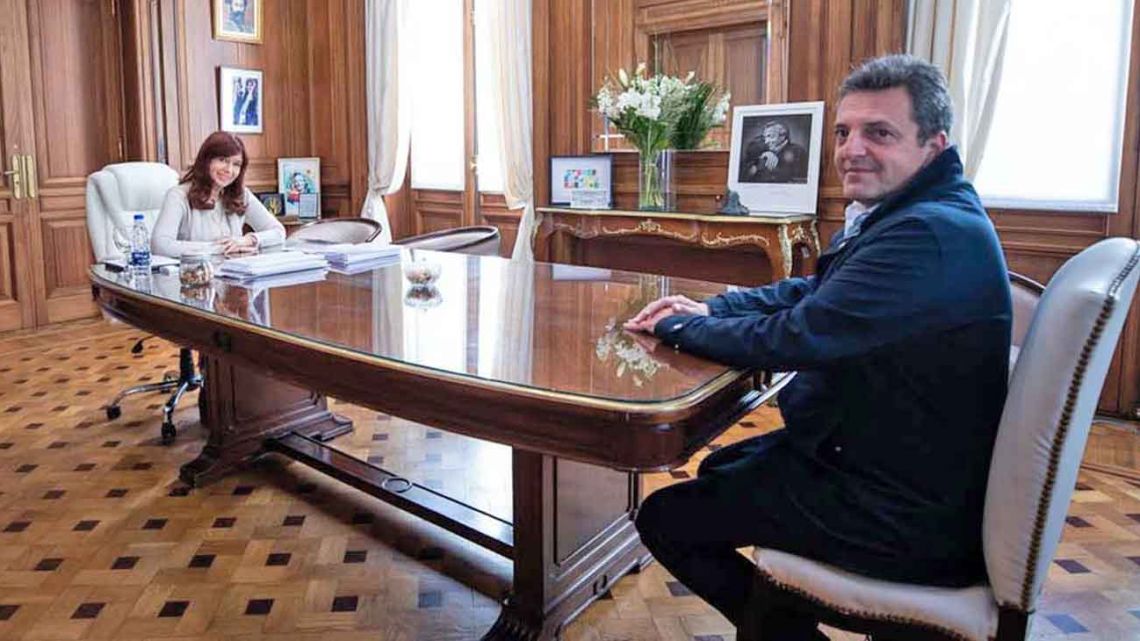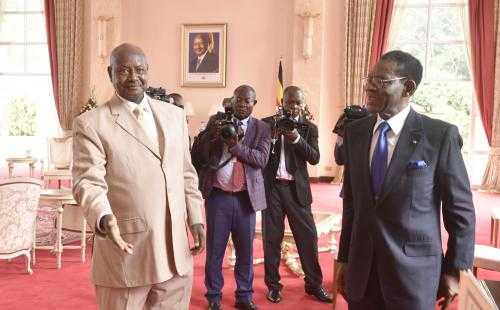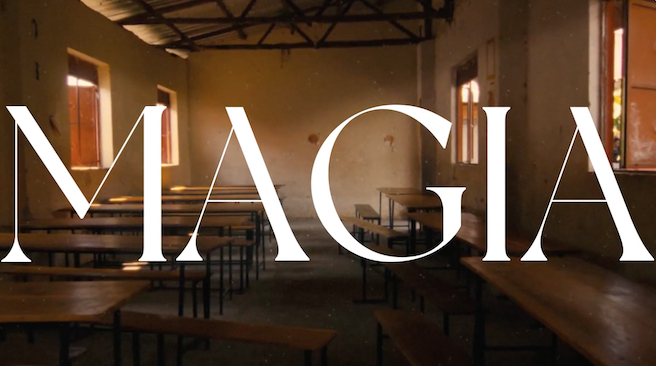Budget: Masa determines inflation and adjustment for the election year

Economy Minister Sergio Massa, his new Secretary for Macroeconomic Policy, Gabriel Rubinstein, and the rest of the Cabinet begin this week drafting the budget bill for 2023, the year of the presidential election, in which spending can take place. Limited by agreements with the International Monetary Fund.
The task is crucial because the President of the Palacio de Hacienda will have a 2023 budget with higher inflation and more adjustment. It is precisely in the election year that the ruling party considers the key to its continuity in power.
2023 will be the first budget for Massa who, in addition, will have to do calculations with his wrist to go along with the ruling party that he will have to defend in Congress and the IMF that does not want to back down in the financial red cut that he agreed with the former head of the economy, Martin Guzman.
Before being presented on September 15, as is customary, before the House of Representatives, Massa will take a draft with general guidelines to Washington a week earlier, where he will speak, among other things, with the head of the International Monetary Fund, Kristalina Georgieva, about progress in the agreement signed in March, compliance prospects for next year. So far, according to what PROFILE has been able to discover, the Palacio de Hacienda manages two variables about what to expect and what to achieve in the next year. First of all, in compliance with the International Monetary Fund, he cut the fiscal deficit from 2.5% of GDP that will end this year, to 1.9%.
Added to this is a strong policy of positive rates that removes incentives to buy the dollar and monetary and fiscal constraints to achieve it and an inflation rate close to at least 3% for August, when the STEPS is held.
At the Palacio de Hacienda, they don’t believe that with import restrictions, GDP could grow this year by 4% as Guzmán estimated, but closer to 3%. That’s why, for the coming year, the “cautious” calculation is that the economy as a whole is growing again at a similar number to what it was in 2022.
The government maintains an estimate that exports this year will exceed $100 billion annually, which means a 17% increase, but imports will grow by about 40% to reach $90 billion. For next year, the numbers keep getting adjusted: overseas sales of $105 billion — all if the weather is good for the agricultural sector — and purchases of $95 billion.
As for the financing needs of the treasury, it is expected that it will be at least 6.6 trillion pesos, of which 40% are in the hands of state agencies.
Explain the setting. Last Monday, Massa made good on his promises to begin “ordering state accounts”: he chipped away $210 billion in items for various organizations. It cut planned transfers by $70 billion to the Department of Education, $10 billion to the Department of Health, and $50 billion to the Procrear Program.
Of the $210 billion, $128 billion will be used to pay off the national treasury’s obligations, while the rest, $82 billion, will be transferred by the Treasury to “Help with Economic Services.” Which includes employee expenditures and transfers to financing expenditures from public sector companies as published in the Official Gazette.
But on Friday, the ministry itself had to make clear that a “reordering of items” – without modification – would not mean “damage or modifications to priority public policies” for the listed portfolios.
The Ministry of Economy said in a statement, “In all cases, the proposed cuts represent a partial reduction of the appropriations that have not been implemented so far, in order not to cause damage or modify the priority public policies of each ministry.” From the bag, Sergio Massa, replied on his Twitter account.
The Treasury Palace said the measure seeks to “arrange the public accounts (…) in order to ensure compliance with the financial and administrative objectives contained in the current budget.”
Negotiating in an election year
Massa declined to hold a meeting of all governors to raise the issue of deficit reduction. It is known that he does not want discussions through the media, and seeks to talk “face to face” with all of them about “priorities” in public works, which is an elegant way of expressing which of them will not. But the governor of Misiones, Oscar Herrera Ahwad, though reflecting on the goal of balancing the public accounts, made it clear that “in no case should adjustments be made to the provinces”.
Cuts should be made at the corresponding levels, but not at the provincial level. It is necessary to work on reducing subsidies, in those that have the largest number of them, for example AMBA,” Herrera Ahwad, eg. by saying that the subsidies charged by the CABA and the GBA “are much higher than those in the ten northern provinces. . Great” This, therefore, “there can be no reduction in the provinces.”
crucial piece
Public relations
The new Secretary for Economic Policy, Gabriel Rubinstein, will take on the task of assisting the Minister of Economy, Sergio Massa, in drafting the 2023 budget due to the lack of a technical file responsible for the Palacio de Hacienda.
Rubinstein is an economist. Massa’s lawyer. Duo is necessary. The Deputy Minister, speaking in English, will direct upcoming negotiations with the IMF for the approaching quarterly review.
The Vice President was contacted by Roberto Lavagna and it took several days to be confirmed in the Economic Cabinet because they are from the sector closest to Christina K looking at him from the corner of their eyes for his financial profile and for the defense of the fiscal balance and the pruning of the monetary issue.
Now the second man in the Ministry of Economy is an Orthodox economist who between 2002 and 2005 was director of the Central Bank, during Lavagna’s management of the economic portfolio. In addition, he has extensive experience in the private sector as a consultant.
You may also like

“Award-winning zombie scholar. Music practitioner. Food expert. Troublemaker.”









